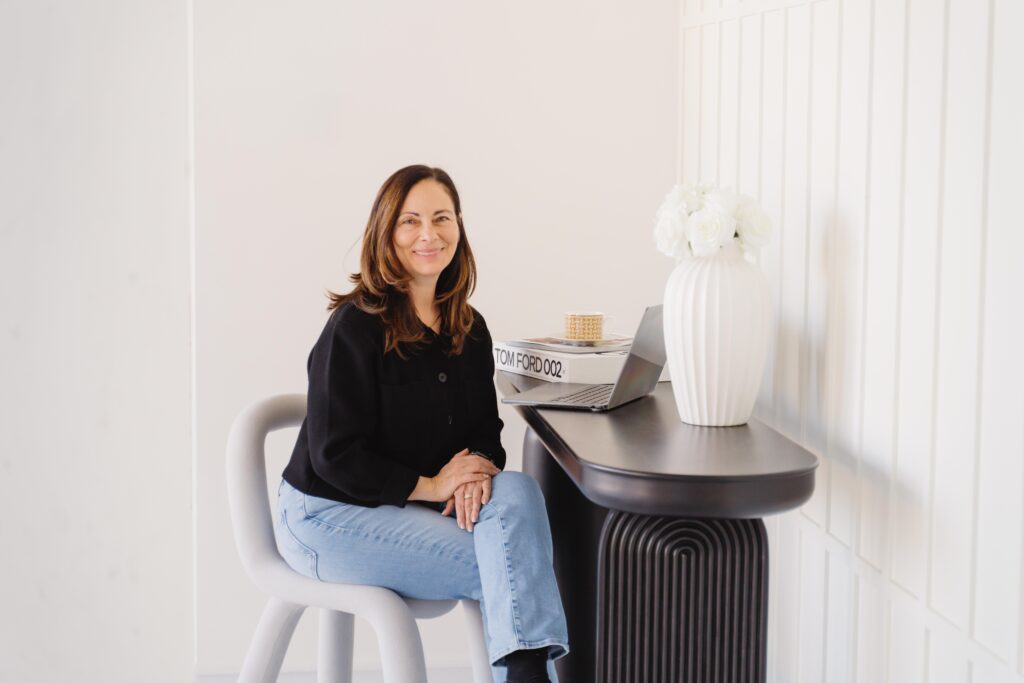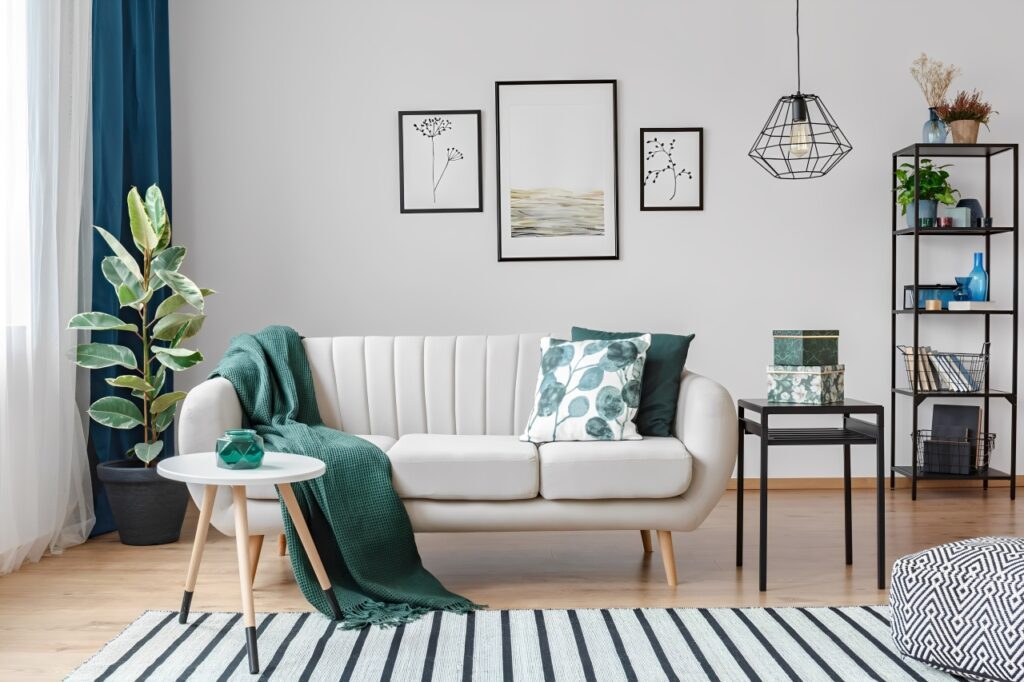Over the last couple of years, various surveys have revealed the same thing: prospective homeowners are concerned that they will be unable to buy a home because they cannot afford the down payment.
Indeed, with Canadian real estate prices way above their pre-pandemic highs, plus interest rates at their highest levels since the global financial crisis, it is getting harder for younger Canadians to dip their toes in the housing market.
Under the federal government’s rules, Canadians are required to have a down payment that is between five and 20 per cent of the purchase price. Considering that a home’s average price is above $700,000, gathering a down payment is a hurdle that is quite challenging to overcome.
For those who are fortunate enough, one way to gain a footing in the housing market is through a gifted down payment. But what does this entail exactly?
Gifted Down Payments: A Primer
A gifted down payment is when a third-party source, typically a close family member, will provide the funds for the purpose of meeting the minimum down payment requirements to buy a residential property. But while this is easier said than done, it is still an advantage many Canadians dream about.
Benefits of Gifted Down Payments
Of course, there are plenty of benefits to receiving a gifted down payment.
The first is that these younger households can enter the Canadian real estate market much sooner than they previously expected, considering how expensive it can be for the average person. Ultimately, with gifted down payments, prospective homeowners can avoid the long saving process and start accumulating equity in their homes.
Something else that might be lost in the discussion surrounding gifted down payments is that borrowers could receive better mortgage terms. Sizeable down payments typically result in lower loan-to-value ratios, meaning borrowers might be extended lower mortgage insurance premiums or better interest rates. In the end, recipients of gifted down payments will enjoy incredible savings over the life of the mortgage.
Believe it or not, you can experience tax advantages with gifted down payments. They can be allocated to your Registered Retirement Savings Plan (RRSP) for three months to obtain the tax benefits. That said, you must ensure that you maintain enough contribution room in your RRSP to facilitate the gifted sum.
A Couple of Reminders
Now, there are a couple of aspects that you need to remember when using gifted down payments.
First, it would be wise to disclose these funds to the mortgage lender when applying for a mortgage. Generally, banks will request a gift letter outlining a few things:
- Amount of the gift.
- Relationship between the giver and receiver.
- A statement confirming that the money was a gift and not a loan.
In addition, while a gifted down payment can reduce the strain of the home-buying process, you still need to determine if you can afford to purchase a residential property.
Another thing that some prospective homeowners might need to realize is that the gift giver does not earn a stake in the unit. While this gift was integral to buying a detached house or condominium, it does not mean they are entitled to an ownership stake. To eliminate any possible confusion, be sure to consult with a real estate attorney to have this in writing.
Gifted Down Payments Help
Yes, receiving a gifted down payment provides you with a distinct advantage that the rest of the country does not possess. At the same time, public opinion polling data have revealed that many first-time homebuyers nationwide have received financial assistance from parents or relatives to ensure they got into the housing market.
With many homeowners massing astronomical amounts of capital during the pandemic-era housing boom, in addition to extra savings, this could be the new normal for the lucky few.




